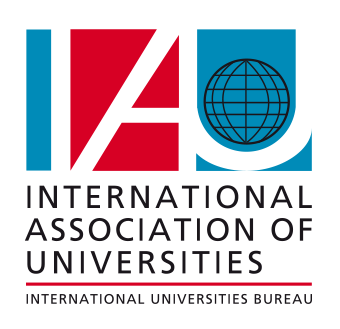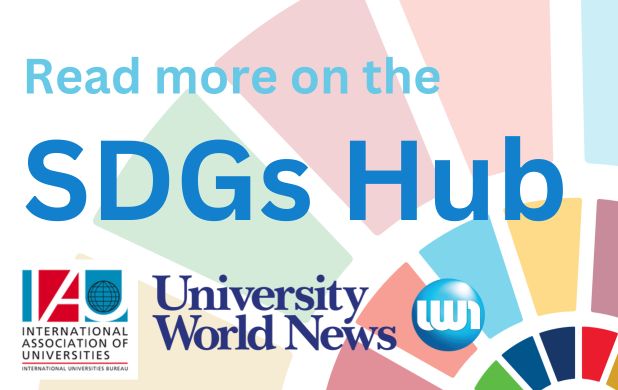Poverty Eradication Strategies (SDG1)
Blog Article written in 2018 by Professor Ebenezer Oduro Owusu, former Vice Chancellor, University of Ghana, and Professor George Oduro Nkansah, former Director, Institute of Applied Science and Technology, University of Ghana.
The whole world has a dream of a poverty-free place. This dream is a target which is attainable if we make conscientious efforts. Many noble organizations including the World Bank have a core mission to end poverty in all its form everywhere. These organizations believe in the mantra of Mahatma Ghandi that ‘poverty is the greatest form of violence’. It steals the basic form of human dignity; hence its eradication should be a great concern for all.
The current world poverty rate of 836 million is a marked improvement of the 1.9 billion in the 1990s. Although the first Millennium Development Goal of halving the world poverty was achieved, humanity needs a lot more. There should be some sort of equitable distribution of wealth in the world. For individuals and countries that have been beneficiaries of a better life, it is their moral obligation to help protect the fundamental human right of eradicating hunger in all its forms.
Though poverty is gradually reducing it is a common fact that it has been uneven, with women, children and the disabled being those who suffer this injustice the most. UN reports that the world poorest people are the disabled. Sustainable Development Goal Fund reported on 1st January 2016, that women face poverty more than men because of the disparity in salary for the same job done, as well as in the reduced access to well paid jobs, education and property ownership.
It is on the back of this that the Sustainable Development Goal 1 was couched to end all forms of poverty everywhere by the year 2030. I would like to believe that it was Goal 1 because of its outmost importance across the globe.
Climate change, food insecurity and conflict threaten to slow the process of poverty alleviation. The slog to end poverty is far from being over and hence we must come up with achievable strategies towards poverty alleviation.
Strategies needed to be advocated and implemented to achieve zero poverty by 2030 include human resource development and literacy to enable the disadvantaged take up opportunities, provision of health care and its access, decent housing and sanitization, access to capital and markets, improvements of agriculture (modern agriculture) and post-harvest technology as well as access to sports and leisure. Among these strategies Agriculture employs more than 50% of the world’s poor. There is therefore the need to invest in building capacities of farmers, provide improved seeds, fertilizer, irrigation which would increase the modernization of agriculture. When these are implemented, we can then assure ourselves that humankind is on the path of sustainable eradication of poverty that will restore dignity to all mankind.
More Information
Learn more about the work of the University of Ghana for SDG 1 here or check out the University of Ghana's profile on the portal.


